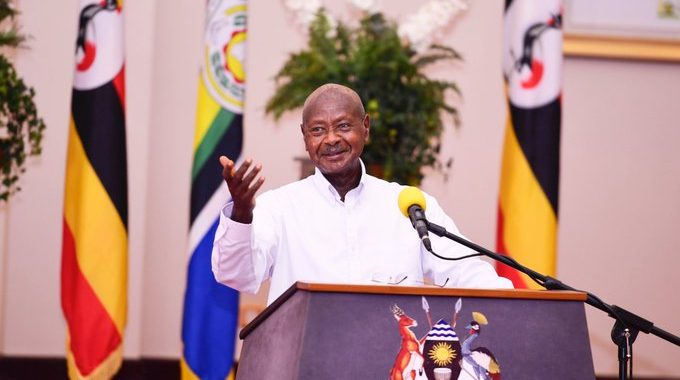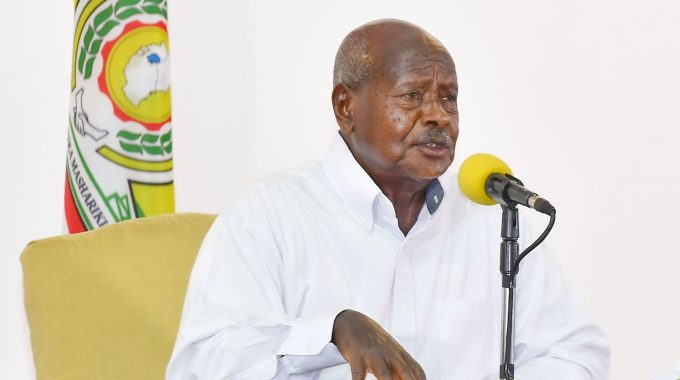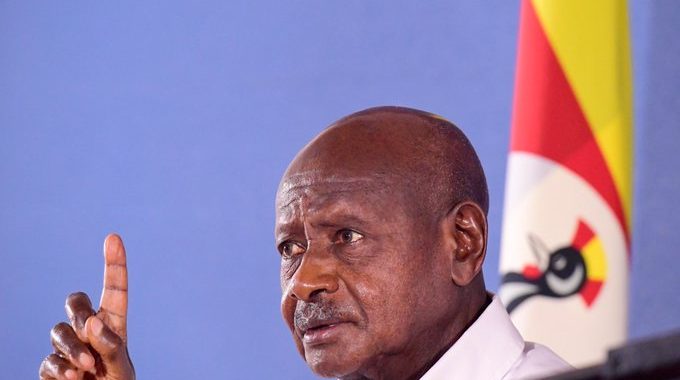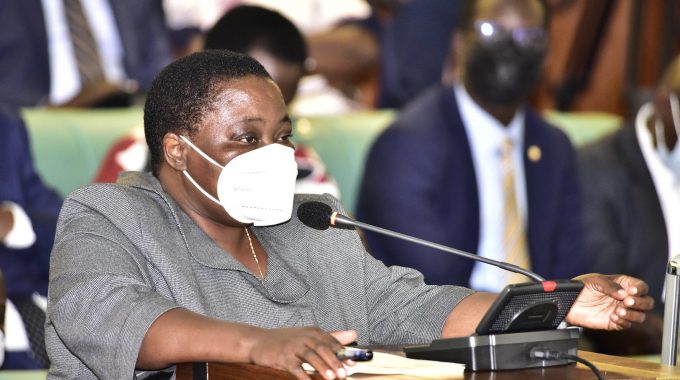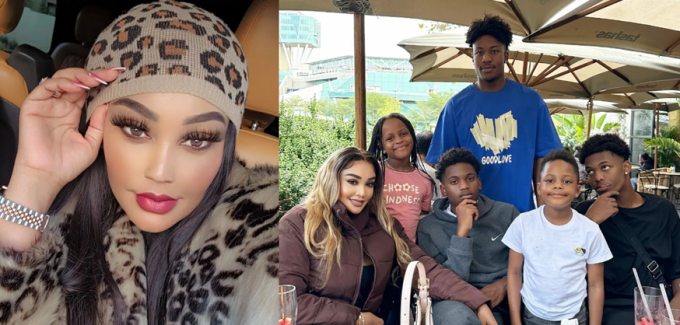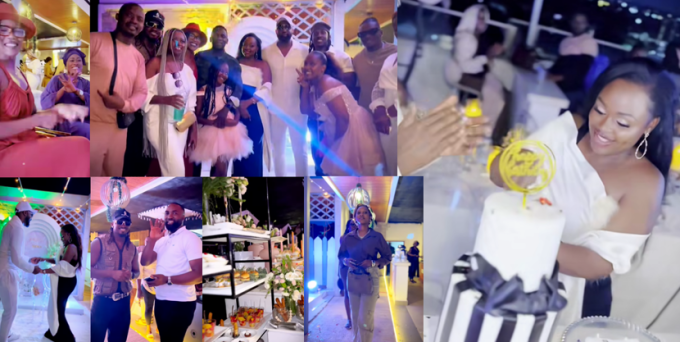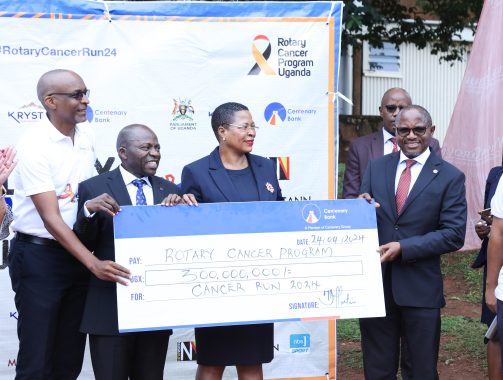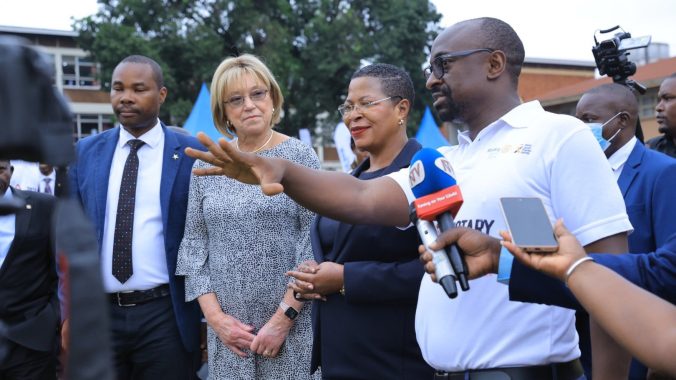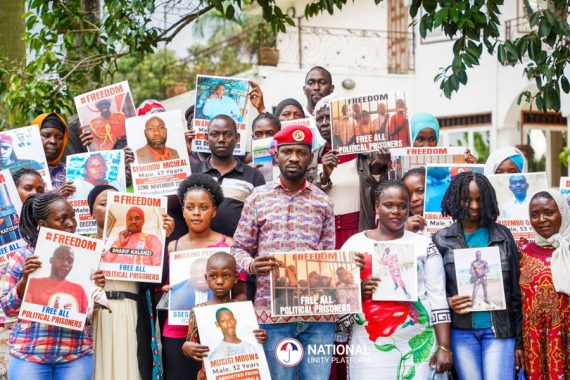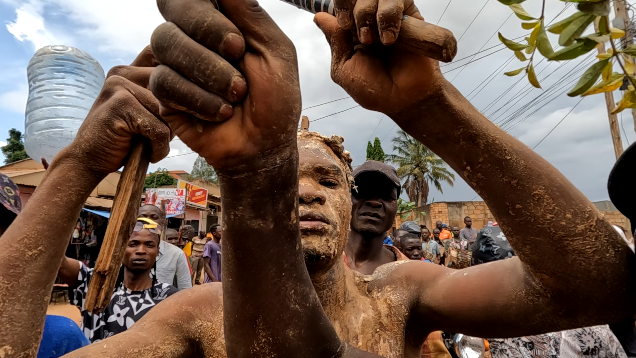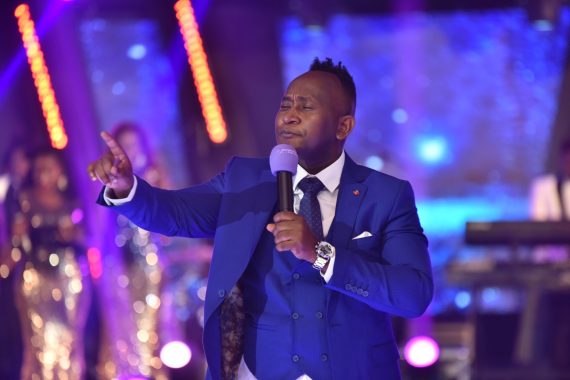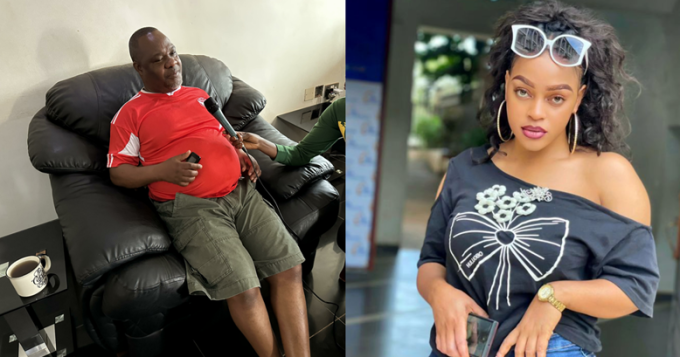NRM used their numbers in Parliament to defeat opposition’s minority report calling to ditch the contentious election road map proposal by the electoral commission.
Parliament voted and rejected Minority Report, adopted Majority Report on the Political Parties and Organisations (Conduct of Meetings and Elections) Regulations, 2020.
The committee on legal and parliamentary affairs presented before Parliament a Report on the Political Parties and Organisations (Conduct of Meetings and Elections) Regulations, 2020.
The Committee Chaired by Jacob Oboth noted that the challenges posed by the #COVID19UG pandemic require the imposing of regulations in order for political parties and organisations to carry out their internal political activities in preparation for the forthcoming elections.
They recommended that the Minister be urged to present to Parliament comprehensive amendments in the Constitution and the Political Parties and Organisations Act to transit the country through the #COVID19UG pandemic.
The Minister of Justice and Constitutional Affairs noted that section 27 of the Political Parties and Organization Act, 2005, provides that he may make regulations, with the approval of Parliament, for the implementation of the Act, adding that the purpose of the regulations is to enable political parties and organisations to democratically hold their internal elections during the COVID-19 pandemic.
He cited the rules for the prevention of the spread of COVID-l9 as issued by the Minister of Health under the Public Health (Control of COVID-19) Rules,2020, wherein, under Rule 9 (lXe), bans public meetings, including political rallies, conferences and cultural related meetings; a fact that has affected political parties and organizations’ activities in implementing the electoral road map as released by the Electoral Commission.
The Minister noted that despite the outbreak of the COVID-19, there are Constitutional mandates under Articles 61 (2),77(3), 105 and 181 that needs to be fulfilled; adding that the Electoral Commission is required to conduct general elections since the current term of office of the President, members of Parliament and other elective office bearers at district level is due to expire on 12th May, 2021 as derived from the Constitution.
He justified the need for the regulations as to facilitate political parties and organisations in conducting their internal elections for purposes of identifying political party flag bearers to contest in the next general elections due in February, 2021, without compromising the safety guidelines under public health (control of COVID-19) Rules, 2020.
This, he argued, will alleviate the challenges the pandemic has occasioned on political parties’ activities such as need to organize meetings to elect office bearers in accordance with the revised road map to commence on 30th June, 2020 and hold party delegate’s conferences.
He further justified the need for the regulations as to ensure and enhance and security entitlements of the citizens of Uganda as the first call government, uphold the legal and constitutional requirements of the Constitution of Uganda as the supreme law and fulfil public expectations that after every years, they elect their leaders.
The Democratic Party (DP) rejected the proposals in the regulations, especially under regulation 5 (2), which prescribes the means by which political parties and organisations may hold meetings/elections of their executive committee, members of their organs or sponsored candidates to include virtual meetings, resolutions by circulation and phased elections etc; arguing that parties have separate sets of Constitutional mandates that cannot be subjected to the regulations as laid by the Ministers.
He added that the Democratic Party’s Constitution cannot be usurped by the regulations to determine, for exam term of office of office bearers.
The Forum for Democratic Change submitted that they are agreement with the regular five in age
eve that their internal processes should not be interfered with by the Minister of Justice.
The FDC noted that the regulations as it is, presupposes that political parties should plan and conclude all internal democratic processes leading to selection of candidates by 7th July, 2020 for local government positions and about a month later for parliamentary candidates to rhyme with the roadmap as released by the Electoral Commission, which is in total contradiction to the timelines the party constitution stipulates; adding that as FDC, they want a credible internal democratic processes leading to the selection of political party flag bearers for the next general elections.
They rejected the proposals made in the regulations.
The Justice Forum ParU QEEMA) appreciated the attempts by the Minister to alleviate the challenges the pandemic has placed on Political Parties’activities but noted that Regulations 4 and 5 in their view, contradicts Article 71 of the Constitution which provides for how political parties must carry out their activities
based on democratic principles. JEEMA fufther noted that this mandate is further reflected under section 10 of the Political Parties and Organisations Act, which explains how regularly political parties should elect their leaders.
JEEMA faulted regulation 5 for conflicting with Section 10 of the Political Party and Organisations Act, because it attempts to say that the National Executive Committees of Political Parties can sit and extend the tenure of all the organs of the Party JEEMA further pointed out that the regulations by the Minister falls short in
addressing the ambiguity in certain provisions of the Political Parties and Organisations Act, like in section 14 on the restriction on contribution from foreign sources; and yet the Minister seems to address matters that are very clear in the Act in his proposed regulations.
JEEMA therefore rejected the regulations arguing that, as it is, it conflicts with party Constitutions and would make it extremely difficult to hold elections internally.
The National Resistance Movement Organisation (NRM-O) noted that the situation as presented Pandemic is very precarious, as it deals with matters of life which the government is supposed to protect.
Citing their consultation with medical experts, the NRM noted it is not yet safe to hold elections the conventional way and therefore if the regulations as presented by the Minister provides guidelines on how parties can proceed with their internal processes while observing the standard operating procedures, they are ready to embrace it and proceed with internal party activities in readiness to the national elections.
They intimated that the NRM is passionate about balancing the strategic interest of the country by considering the constitutional right of Ugandans to elect their leaders, the health risks involved in conducting elections
in the current environment, including the measures the government has put in place to ensure Ugandan are safe; and the economic cost of holding an election amidst the COVID-l9 pandemic.
They opined that they see the regulations as a means to safeguard all these interests of the country and therefore support it fully.
The Uganda Peoples’ Congress (UPC) acknowledged the difficult within which the country will have to organize the forthcoming elections and stated that as a Party, they are willing to support the regulations, provided that a
few hiccups are addressed.
The UPC noted that the regulations pose certain challenges, for example in carrying out local grassroots elections, especially with the options being provided under Regulations 5 many of the candidates in the local elections may not be in position to organize or attend virtual meetings.
He called for more time so that such challenges can be addressed. The UPC concluded that once addressed, they would support the regulations.
The Attorney General, William Byaruhanga, backed the majority report saying the Constitution provides that regular elections be conducted.
Byaruhanga proposed that the regulations be accepted to guide the 2021 elections.
Medard Sesegona who presented the minority report deducted: “The curtains of Covid-19 are being used and abused whether consciously, sub-consciously or unconsciously. The desired goals cannot be legally achieved without amending the Constitution lest we transgress on our sacred Constitution.”
Ssegona argued that the views expressed by the stakeholders in the main report were too limited in scope to represent a sample of the entire country some of whose views may not have been taken due to the limited time.
Dokolo Woman MP Cecilia Agwal reminded the house: “When making any law about the elections, we need to be mindful of our past. The law should not lead us to a crisis.”
People Power chief Robert Kyagulanyi (Bobi Wine) warned: “The main report of the Committee does not present the reality. The Constitution guides that in a situation of a state of emergency the elections should be extended. A bad election can cost many lives of people.”
FDC legislator, Mwijukye Francis argued: “We are not saying that we don’t want elections but which kind of elections. The truth is that the majority are not supporting these regulations.”
Ababiku Jessica said: “The regulations are meant to ensure that elections are carried out safely in the presence of #COVID19UG pandemic.”

Award winning journalist and writer who has worked as a stringer for a couple of acclaimed South Africa based German journalists, covered 3 Ugandan elections, 2008 Kenya election crisis, with interests in business and sports reporting.


